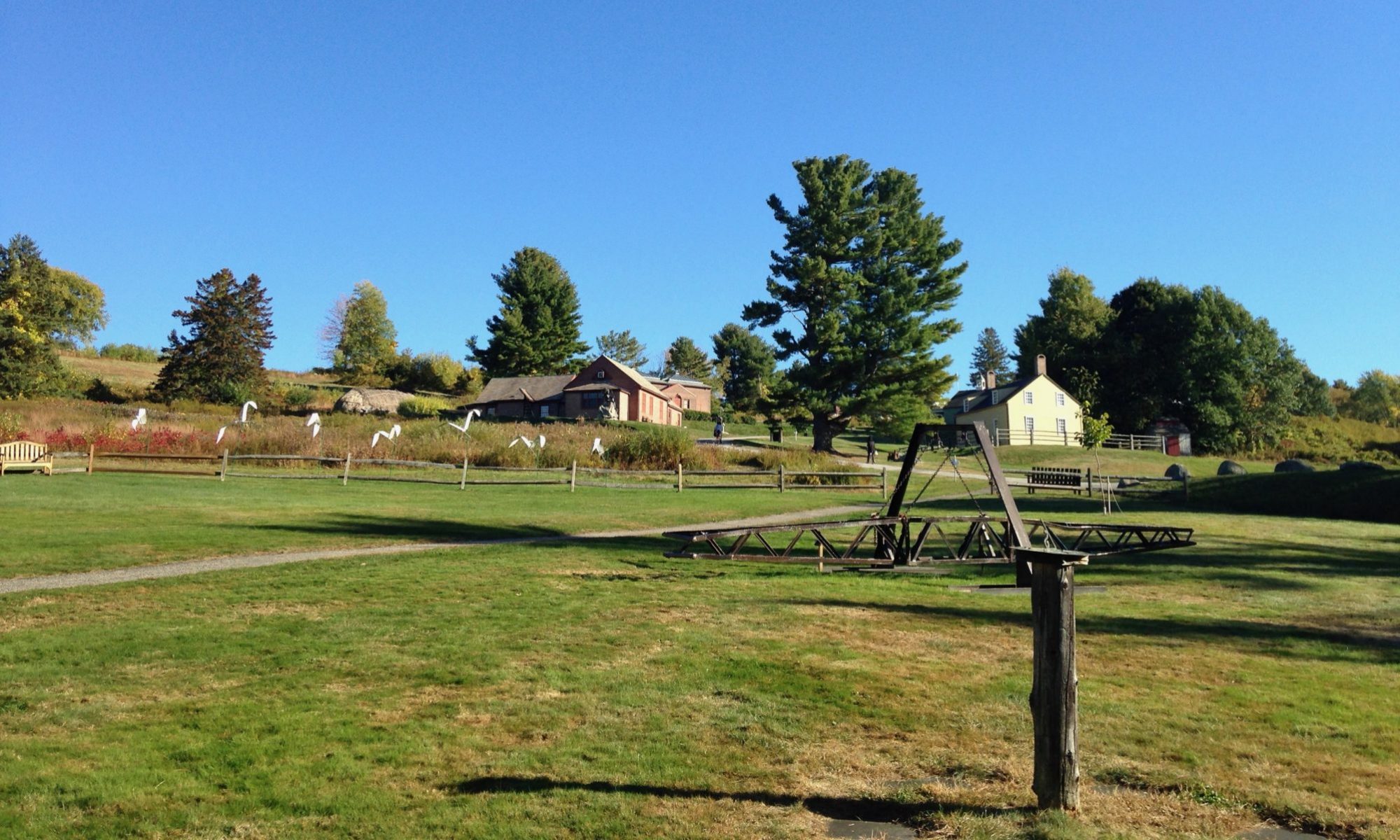Last Wednesday, Maureen and I delivered our final presentation of our website. We both felt pleased with the final site and our experiences throughout the semester.
At a point in the semester when I’m looking back on all of my classes (and paying the bill for the next set), I think it’s useful to reflect on what I’ve learned. While we have covered a great deal in this course, my two biggest takeaways are improved digital skills and new connections to LEF and its members.
This course was my capstone project for my digital studies minor. Through it, I learned how to participate in a course online through Zoom and Slack, strengthened my skills in website design and audio publishing, and learned how to use Google My Maps and TimelineJS. I’m particularly looking forward to exploring how Google My Maps can be useful for other projects and personal interests.
The other aspect of the project I feel most grateful for was the opportunity to visit LEF and meet its members. Maureen and I share a passion for sustainability, and it was eye-opening to meet a community of people who fully devote themselves to that ideal and manage to live fairly comfortably. Being involved with environmental activism in Virginia, it was refreshing and hopeful to learn about a different possible approach to the climate crisis.
